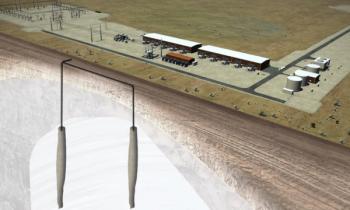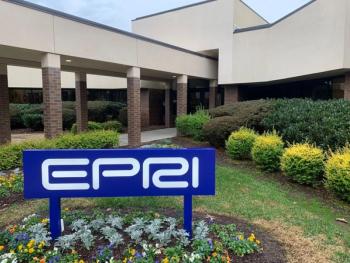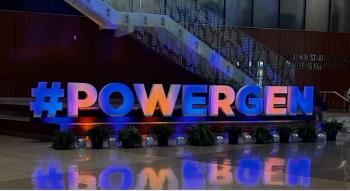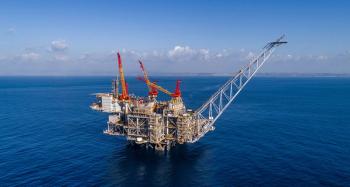
New Supercritical CO2 Project
The project will use industrial waste heat valorization and its conversion into electrical energy via a supercritical CO2 cycle
The EU-funded CO2OLHEAT project (Supercritical CO2 power cycles demonstration in Operational environment Locally valorizing industrial waste Heat) intends to focus on industrial waste heat valorization and its conversion into electrical energy via a supercritical CO2 cycle. It will run for four years in support of the EU’s energy efficiency and GHG emissions reduction targets. The main objective is to unlock the potential of unused industrial waste heat and transform it into power.
21 partners formed a consortium that will work together towards the development of an easily replicable 2 MW Supercritical CO2 (sCO2) power block. It will be demonstrated in the CEMEX cement plant in Prachovice (Czech Republic) with six virtual replication sites across different industries: glass (Turkey), aluminium (Greece), steel (Spain), waste incineration (Belgium), gas power generation (France), and solar power generation (Spain).
CO2OLHEAT’s waste-heat-to-power (WH2P) application is based on a recuperated closed-loop Brayton cycle with sCO2 as a working fluid. Thanks to its flexibility (compact size and capability to better accommodate load changes), high efficiency, and the ability to work with significant temperatures, the sCO2 power block offsets the disadvantages of the traditional WH2P applications. sCO2 WH2P applications will mitigate the increase of electricity consumption while introducing the concept of circular economy and industrial symbiosis in heat management: the unused heat in heavy industries (chemical, iron & steel and cement manufacturing), accounts for more than half of all the EU industrial WH potential. Most importantly, CO2OLHEAT will facilitate savings of primary energy consumption and thus reductions of CO2 emissions.
The 21 partners from 11 different European countries involved in this project are: ETN, Rina Consulting, Siemens Energy, University of Duisburg-Essen, Baker Hughes, Politecnico di Milano, SimeROM, CEMEX Czech Republic, Brunel University London, MAS, University of Roma Tre, CERTH, Leitat, Heatric, ENEA, ENGIE Laborelec, EDF, MYTILINEOS, Şişecam, Bosal, and CELSA.
Newsletter
Power your knowledge with the latest in turbine technology, engineering advances, and energy solutions—subscribe to Turbomachinery International today.




